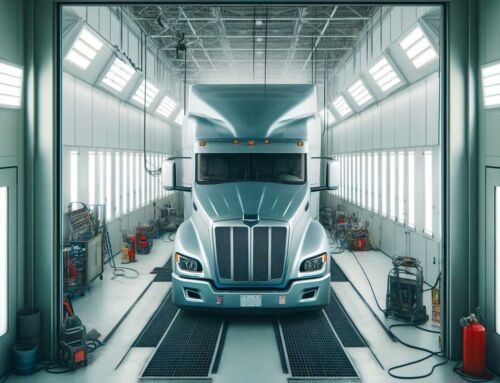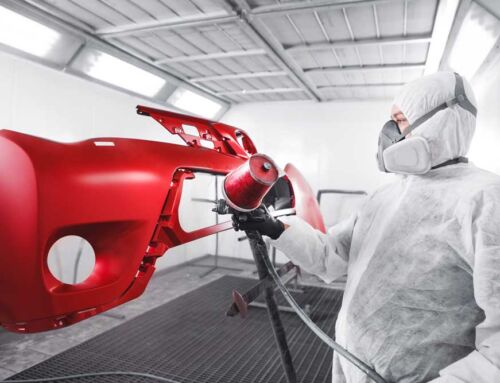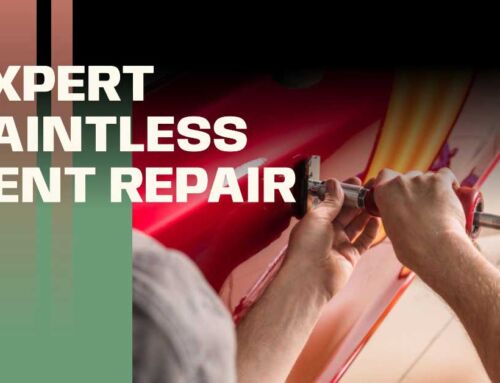You might not always think about it this way, but auto repair has the potential to make a big impact on the environment. Of course, there’s the obvious things like taking care of spills and the like when changing fluids, or disposing of batteries and other substances properly, but even doing basic repairs is a sort of environmental statement.
Take body work, for example: any time a car needs some sort of body work done, there are basically two options: fix what’s there, or replace it. When you simply decide to replace it, you’re putting a chain of events in motion that leads all the way back to the raw materials for that part being dug out of the ground. Along the way, energy is spent on manufacturing, testing, shipping, packaging, and storing that part. This means that one small part has, in effect, already affected the environment in some pretty significant ways, even before it’s ever taken out of the box and put on the vehicle.
Of course, choosing to repair instead does have an impact as well, but it’s a very different one. Instead of energy being spent going to building things, shipping them, and using a finite amount of resources along the way, much less energy is being spent in repair. Yeah, there are tools that require energy. And the lights. And the radio you play while you’re working. All of that happens. But there’s two big differences:
- That energy was going to be used already when replacing that part. So, in addition to the building and the shipping and everything else, there are still tools to power and lights to keep on.
- The energy that is required to power your tools and keep your lights on (and yes, keep the classic rock station on) can be refined and cleaned over the years as new technology comes on the market. This is happening even now. Meanwhile, shipping a part halfway across the country still takes a heck of a lot of fuel, and that’s not going to change anytime soon.
So, the next time you’re faced with this choice, think about it from this perspective instead: if you have the choice between repairing a part and replacing it, which is better in the long run? Replacing might be quicker, but the consequences of that action could last for a while down the road!




